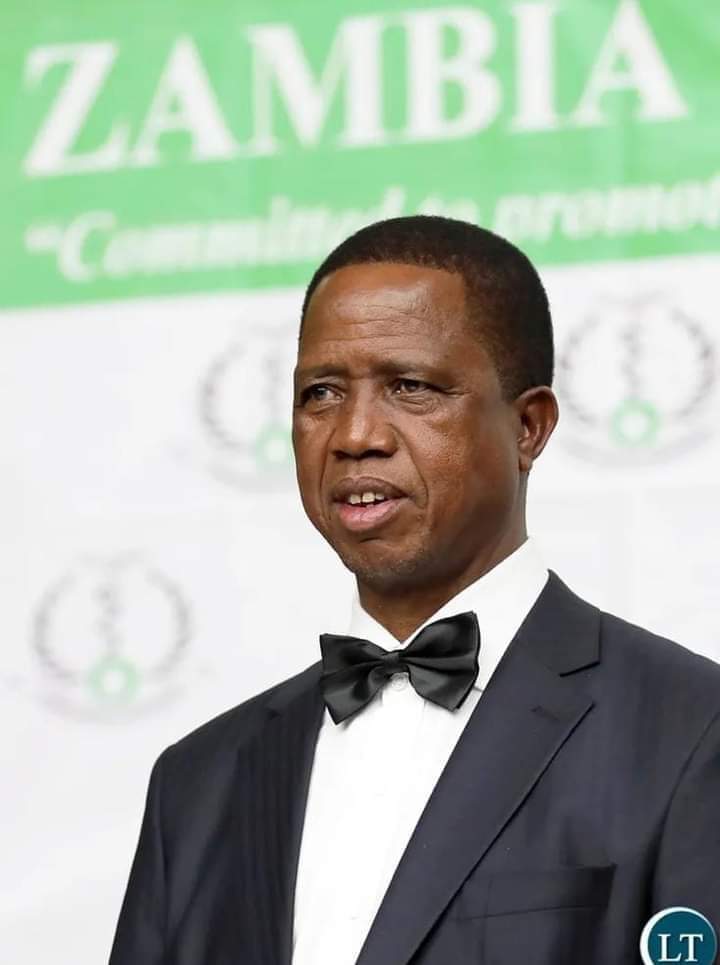By Sishuwa Sishuwa
In #Zambia, the law that governs the political conduct of a former president is the Benefits of Former Presidents Act as amended by the Benefits of Former Presidents (Amendment) Act Number 21 of October 1998.
It states that “a former President shall, upon ceasing to hold office, be entitled to:
(a) a tax-free monthly pension at the rate of eighty per cent of the incumbent president’s emoluments;
(b) the benefits set out in Schedule of this Act; all of which shall be a charge on the general revenues of the Republic.”
The benefits appearing in the stated Schedule are:
- An office
- One personal secretary
- Three security persons.
- Three cars, with free maintenance, and petrol entitlement to the extent determined by the Cabinet, but only one car for the surviving spouse.
- Three drivers, but only one for the surviving spouse.
- One Administrative Assistant, who shall be at the level of Deputy Permanent Secretary.
- Three house employees, which number may be increased by Cabinet.
- A diplomatic passport for the former President and his spouse.
- A furnished house built or bought in Zambia by the State at a place of the former President's choice and ownership of the house shall be transferred to him.
- Medical insurance for the former President and his spouse.
- In each year, one return air ticket for the former President and one for his spouse.
- Funeral Expenses on his death.
In addition to these outlined benefits, the Act further states in section 4 (a) that “there shall be:
(a) assigned to a former President, within a period of not more than two years from the date of ceasing to hold office, a furnished executive house built or bought in Zambia by the State at a place of the former President’s choice;
(b) provided to a former President immediately upon ceasing to hold office housing accommodation as the government considers fit before the house referred to in paragraph (a) is assigned to the former President; and
(c) provided by the State to a former President within a period of not more than six months from the date of ceasing to hold office, three drivers, three motor vehicles with free maintenance and entitlement to fuel to the extent determined by the Cabinet.”
The Act also provides for the circumstances when these benefits are not payable to a former President. Section 5 (1) states that
“The pension and other benefits conferred by this Act shall not be paid, assigned or provided to a former President who is —
(a) in receipt of a salary from the Government; or
(b) engaged in active politics.”
The Act, in section 2, defines “active politics” to mean —
“(a) the doing of any act indicating a person's intention to hold elective or appointive office;
or
(b) the holding of elective or appointive office;
in a political party or in an organization whose main aim is the furtherance of political objectives”.
It is my informed opinion that none of these two circumstances apply to former President Edgar Lungu for two reasons.
The first is that Lungu has not publicly communicated any intention to hold elective or appointive office. Since the Act does not provide for the meaning of intention, the ordinary interpretation of the word would suffice. According to the Oxford Learner’s Dictionary, intention is “what you intend or plan to do”. The Cambridge Dictionary similarly defines intention as “something that you want and plan to do.” Since Lungu has not publicly said he plans to stand for elective office, the only act that would conclusively indicate his intention to hold elective office is the filing of nomination papers in readiness for contesting an election. Until he does this, if at all he will, Lungu has not engaged in “active politics” as defined in section 2 (a) of the Act. It is important to mention that this law does not provide for speculation or mind reading.
The second reason is that Lungu is currently not holding elective or appointive office. Two weeks after he lost the 2021 election, Lungu wrote a letter to the Secretary to Cabinet, informing the government that he had resigned as president of the Patriotic Front (PF) and retired from active politics. The Government formally acknowledged receipt of this communication and, as per the law, started disbursing the benefits that were due to him as a former President. That Lungu has retired from active politics and the government accepted his decision is and remains the official position. I repeat: the official position is what Lungu has communicated. Anything else, said by third parties, is inconsequential.
Supporters of the government have argued that records held at the Registrar of Societies still bear Lungu’s name as PF president. They have since challenged the former President to have his name removed from the list of office bearers, as failure to do so might be considered as evidence that he is engaged in “active politics” as defined in section 2 (b) of the Act. This reasoning is defective because it ignores the fact that Lungu formally resigned as PF president and communicated his decision to the party’s National Chairperson in August 2021. The continued appearance of his name on the list of office bearers – only because the PF is yet to choose his successor – does not change this fact and is a matter that is best left to the PF and the Registrar of Societies to resolve.
If the former ruling party has not given the Registrar of Societies an updated list of office bearers since his resignation, this is not his fault. It is the responsibility of the PF – specifically the Secretary General or their deputy – to clean the party’s records, including ensuring that Lungu’s name is removed from the list of office bearers. By quitting both the PF presidency and active politics, Lungu is no longer an official or member of the party. As a result, he has no say in its internal operations and cannot communicate with the Registrar of Societies in any capacity.


